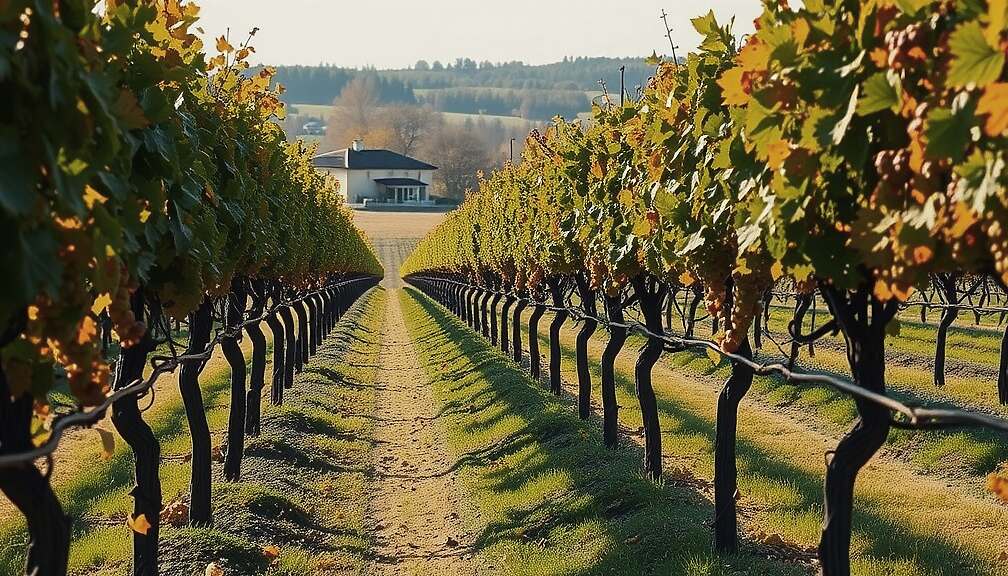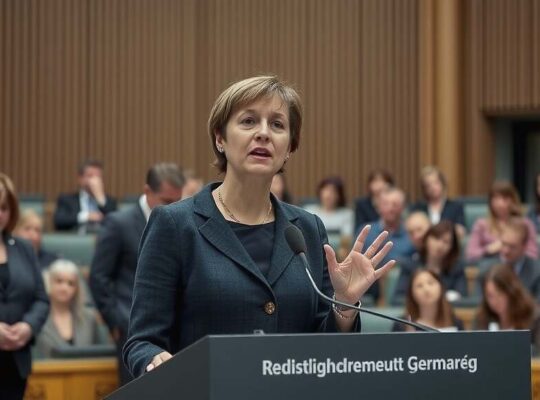The German Minister for Agriculture, Alois Rainer of the CSU party, is escalating calls for increased domestic consumption of German wines, framing the issue as a matter of both economic fairness and national pride. In remarks reported by “Bild”, Rainer lauded the “excellent” quality of German wines while simultaneously criticizing the prevailing price structures that he described as “ruinous”. He’s actively lobbying both restaurant owners and consumers to prioritize German varieties, asserting that the nation’s vintners deserve greater market support.
This public appeal comes amidst a broader conversation about the competitiveness of the German agricultural sector, struggling with rising input costs and international competition. Rainer’s advocacy suggests a recognition that purely relying on quality alone isn’t sufficient to sustain the industry; strategic promotion and altered consumer habits are deemed necessary. Critics, however, might interpret this as a politically motivated attempt to deflect attention from deeper structural problems within the wine industry itself, such as outdated production methods and a lack of international marketing expertise.
Rainer’s pronouncements were accompanied by a firm commitment to a planned reduction in Value Added Tax (VAT) for restaurants and hospitality venues. The shift, scheduled to lower the rate from 19% to 7% starting January 2026, has been a contentious issue, facing resistance from some fiscal conservatives within the governing coalition. Rainer reiterated its certainty, stating, “The reduction is needed. It will happen. That is the decision”. This pledge, while welcomed by the hospitality sector, further complicates the financial landscape for the government as it navigates a period of economic uncertainty. The promised VAT cut, coupled with the push for increased domestic wine consumption, presents a complex test of the government’s ability to balance short-term political gains with long-term economic stability.












